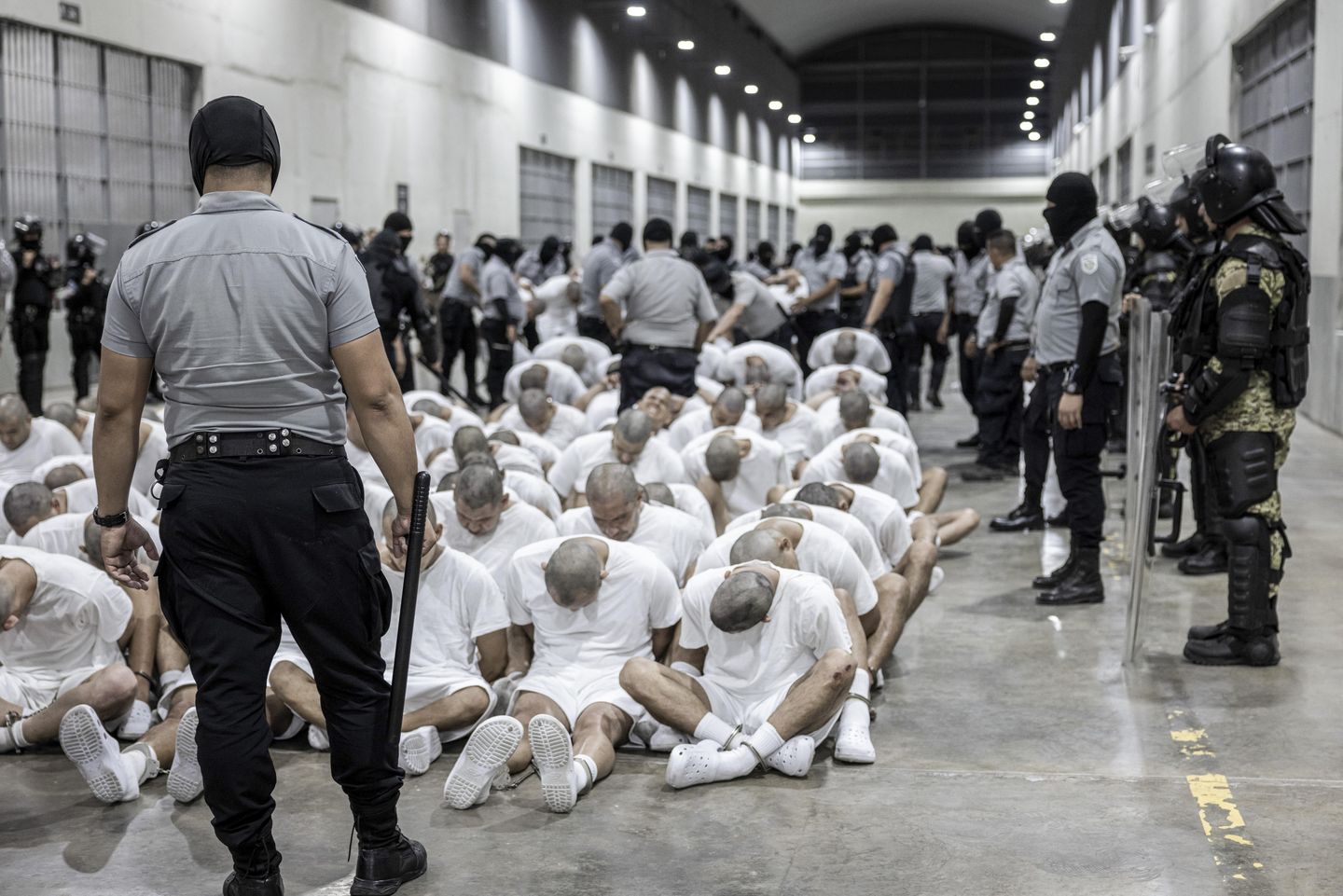
The Supreme Court hit pause Friday on President Trump’s use of the Alien Enemies Act to deport Venezuelan gang suspects, saying the administration was not giving them full due process and rights.
The justices, in an unsigned ruling, said Homeland Security wanted to give less than 24 hours between the time the migrants were notified of their pending deportation and their actual removal from the US. The court said that it does not “pass muster.”
The High Court also blocked removals of any of the Venezuelans under the expedited deportation authorities of the Alien Enemies Act, though the justices said migrants who could be removed under the regular immigration law may still be booted.
The ruling is the latest in a string of caution flags the Supreme Court has waved at President Trump and his team, though the justices stopped short of saying he cannot use the 1798 law for deportation.
They said that the issue needs to be sped through the lower courts.
The key rejection for Mr. Trump is the length of time he must give the Venezuelans to bring a federal court challenge to their deportation.
SEE ALSO: Judge blasts Trump, Noem for saying Abrego Garcia won’t ‘return’ to U.S.
The Justice Department had suggested in court documents that as little as a day would be sufficient, but the High Court dismissed that.
“Under these circumstances, notice roughly 24 hours before removal, devoid of information about how to exercise due process rights to contest that removal, surely does not pass muster,” the court ruled.
The justices did not say how long is appropriate, saying that was an issue for the lower court to hash out.
One federal District Court earlier this week had said 21 days was the correct number.
“From the Court’s order, it is not entirely clear whether the Court has silently decided issues that go beyond the question of interim relief. (I certainly hope that it has not.) But if it has done so, today’s order is doubly extraordinary,” Justice Alito wrote. “Granting certiorari before a court of appeals has entered a judgment is a sharp departure from usual practice.”
His opinion also noted, “Due process is flexible, we have stressed repeatedly, and it calls for such procedural protections as the particular situation demands.”
Dissenting from Friday’s ruling were justices Samuel A. Alito Jr. and Clarence Thomas.
Justice Alito said the Supreme Court lacked jurisdiction to intervene at this point.
The Trump administration says the Venezuelans in question are members of Tren de Aragua, a gang that has now been designated a foreign terrorist organization and which Mr. Trump has proclaimed to be engaged in an “invasion” of the U.S.
That triggers the AEA, the 1798 law that allows for faster deportations than can be done under the regular immigration law.
Lawyers for the Venezuelans dispute the claims of TDA membership, saying some of those who have been deported actually fled Venezuela to get away from the gang.
Mr. Trump’s push to use the AEA has been met with stiff resistance in the courts.
The Supreme Court had already ruled that the administration needed to give reasonable notice to deportation targets.
And lower courts, including some Trump-appointed judges, have undercut the president with rulings saying TdA does not constitute an “invasion” and that the administration was acting too quickly in its deportations.
• Alex Swoyer contributed to this report.












